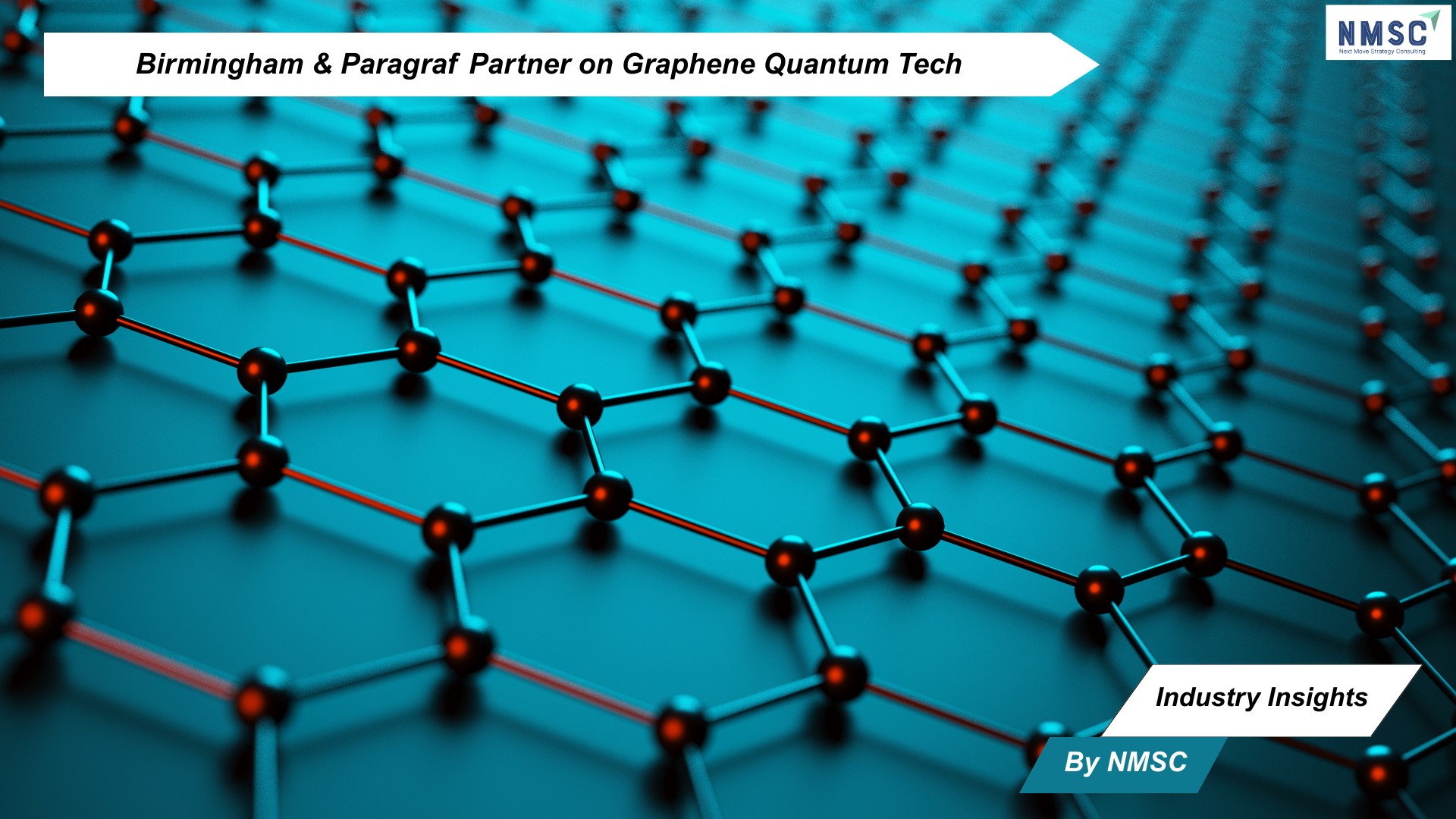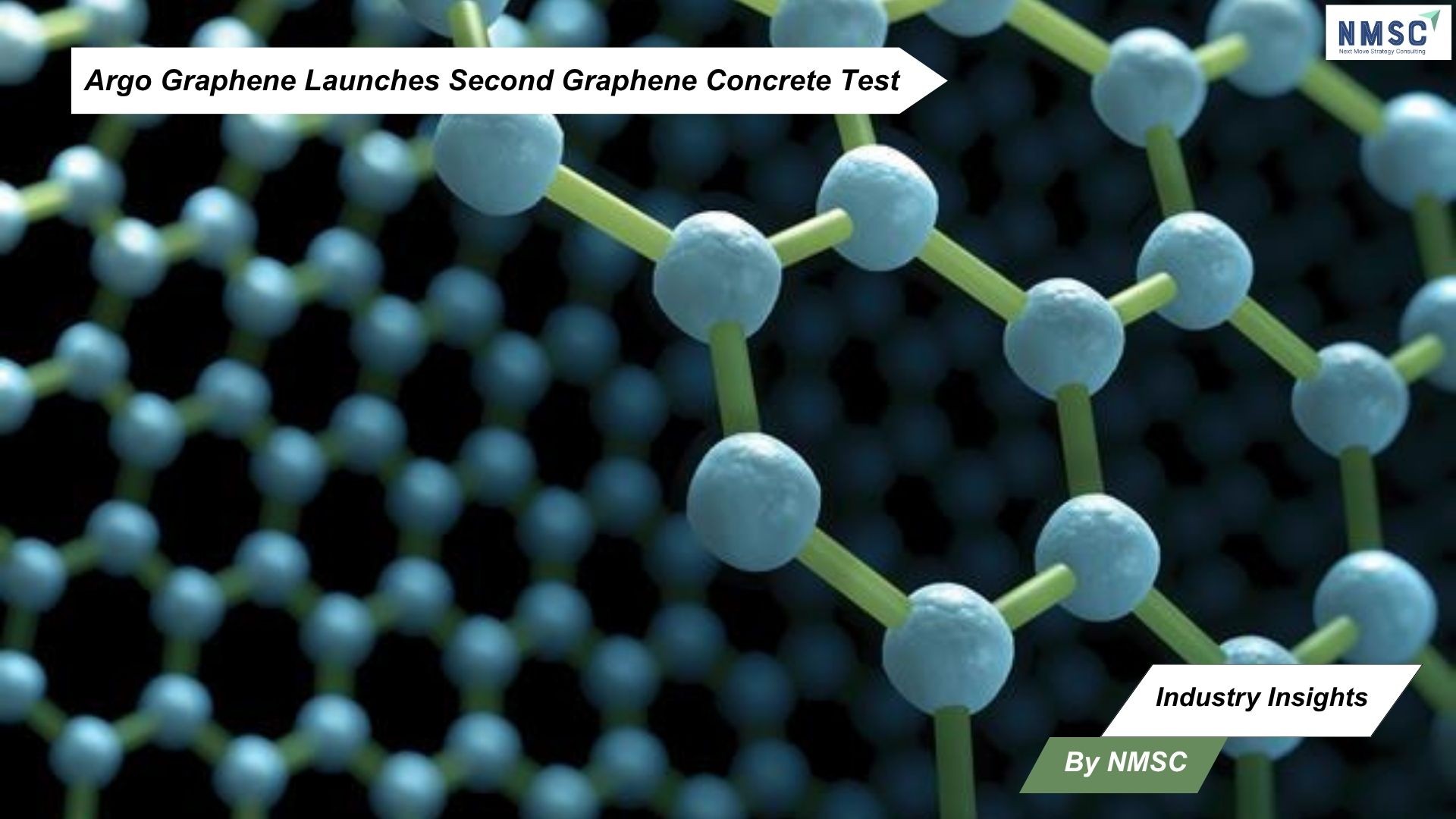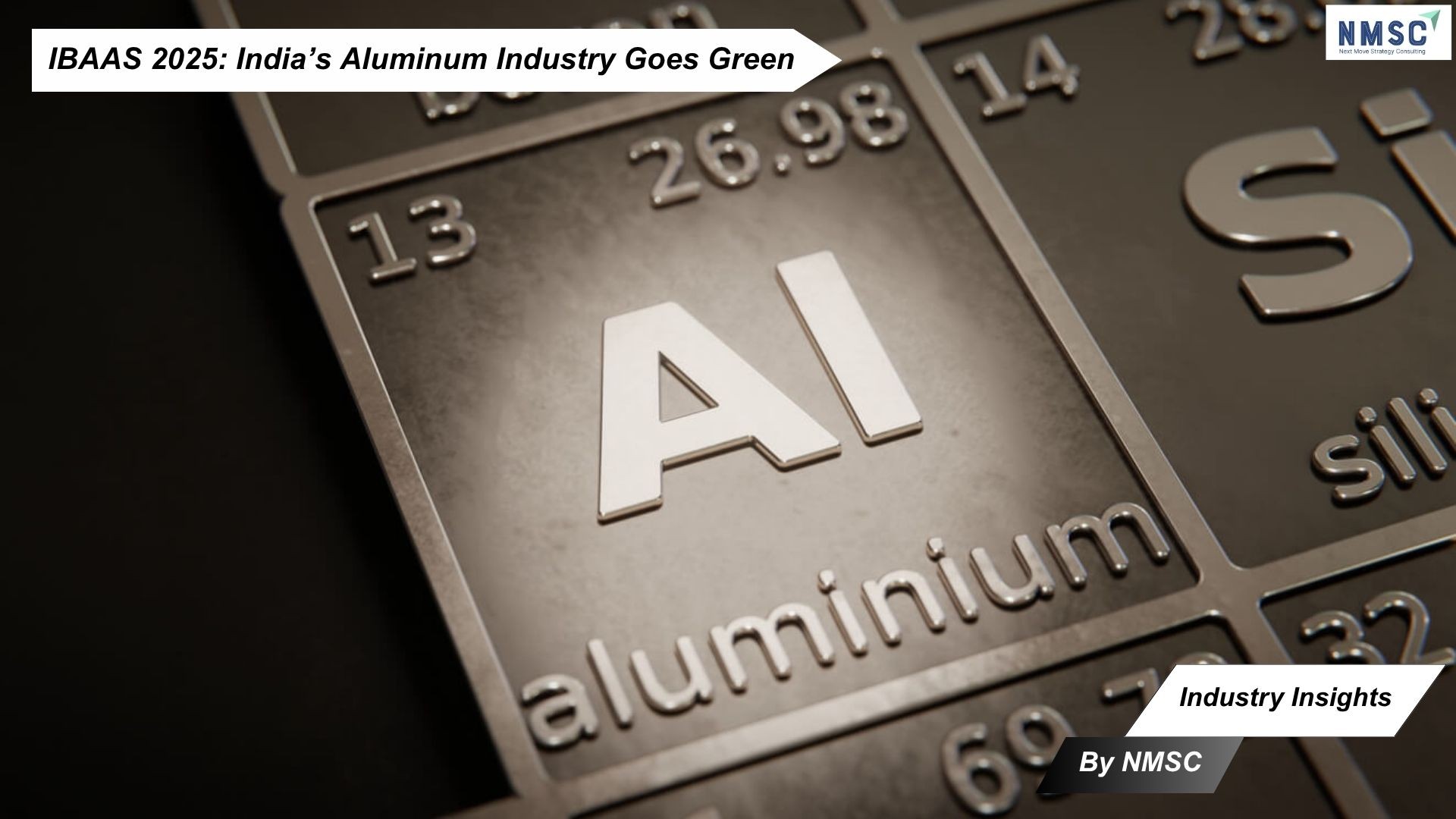Birmingham and Paragraf Partner on Graphene Quantum Tech
Published: 2025-08-19

Industry Insights from Next Move Strategy Consulting
As quantum computing advances, the University of Birmingham and Paragraf Ltd are joining forces to unlock the potential of graphene-based electronics, with a focus on revolutionary sensors for quantum computing applications. Supported by £3.4 million in funding, this collaboration aims to overcome longstanding challenges in graphene manufacturing and cryogenic testing, paving the way for scalable, real-world solutions.
Breaking Barriers in Graphene Production
Graphene, a single layer of carbon atoms renowned for its exceptional strength and electrical conductivity, has long faced hurdles in large-scale production. The partnership between the University of Birmingham and Paragraf, a UK leader in graphene-based electronics, is set to change that. With £1.4 million from Innovate UK and a £2 million UKRI Future Leaders Fellowship, researchers led by Dr. Matt Coak are working to scale graphene production on six-inch wafers, a critical step toward commercialization.
According to the report by Next Move Strategy Consulting, the global Graphene Market size is predicted to reach USD 2935 million by 2030 with a CAGR of 25.7% from 2025-2030.
“Scaling up our production of real-world devices that are prepared to solve significant problems in quantum computing is a major step towards realizing that future in a sustainable way,” said Simon Thomas, Co-Founder and CEO of Paragraf. The collaboration leverages Paragraf’s expertise in mass production and Birmingham’s cutting-edge facilities to drive innovation in this emerging industry.
Key Objectives at a Glance:
-
Scaled Graphene Production: Developing processes to manufacture graphene on six-inch wafers for commercial applications.
-
Quantum Computing Sensors: Exploring graphene magnetic sensor for precise control and magnetic shielding in qubit processors.
-
Cryogenic Testing: Conducting pioneering tests of graphene devices at ultra-low temperatures to uncover their quantum behavior.
-
Advanced 2D Materials Research: Probing the fundamental quantum physics of graphene and other 2D materials for next-generation electronics.
-
Applications Beyond Quantum: Investigating graphene sensors for electric vehicle battery management and other high-tech sectors.
A Leap Forward for Quantum Computing
Graphene’s unique properties make it a game-changer for quantum computing, where ultra-precise sensors are critical for managing qubit processors at cryogenic temperatures. However, the behavior of graphene devices in such extreme conditions remains largely uncharted. Dr. Matt Coak, from Birmingham’s School of Physics and Astronomy, emphasized, “Cryogenic testing of real, practical, graphene devices has not been carried out before, and their properties at ultra-low temperatures, in the realm of truly quantum behavior, are largely unknown.”
The collaboration is poised to fill this gap. By combining Birmingham’s specialized low-temperature equipment and expertise in nanotechnology with Paragraf’s production capabilities, the team is developing graphene magnetic sensors that could transform quantum computing. “Graphene magnetic sensors have the potential to be a key enabling technology in quantum computers,” said Dr. Natasha Conway, Research Director at Paragraf.
Building a Foundation for the Future
The University of Birmingham’s advanced facilities and deep expertise in quantum computing and 2D materials are central to the partnership. Dr. Coak’s team is conducting systematic high- and low-temperature testing of graphene sensors, not only for quantum computing but also for applications like electric vehicle battery management. These efforts are underpinned by rigorous theoretical models to understand the electronic behavior of these single-atom-thick materials.
“The future of electronics lies in the adoption of advanced materials,” Simon Thomas added. “The fact that we are able to do this here in the UK means that the country stands to lead the advanced materials revolution.”
Industry Impact and Strategic Vision
The collaboration has sparked excitement in the quantum computing and advanced materials sectors. By addressing manufacturing challenges and exploring graphene’s quantum potential, the partnership is laying the groundwork for transformative technologies. The funding will enable Birmingham and Paragraf to push the boundaries of 2D materials, positioning the UK as a leader in this rapidly evolving field.
Advancing the Quantum Frontier
As quantum computing moves closer to practical reality, the University of Birmingham and Paragraf’s collaboration signals a bold step forward. By harnessing graphene’s extraordinary properties, this partnership is not only advancing quantum computing but also redefining the possibilities for next-generation electronics.
Prepared by: Next Move Strategy Consulting
















Add Comment